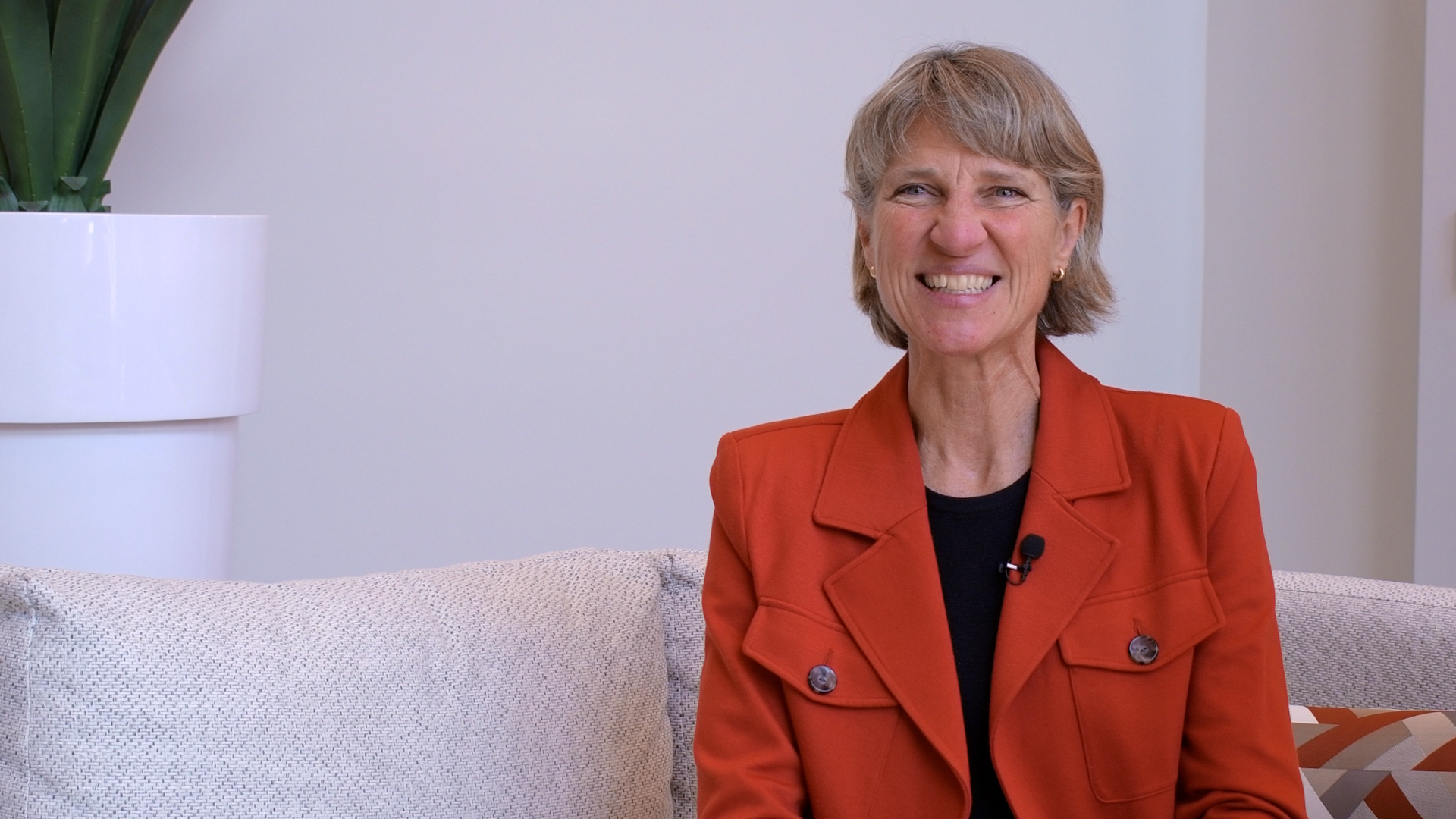Spotlight on Professor John Nietfeld

John Nietfeld, a professor in the Department of Teacher Education and Learning Sciences, received a Fulbright Scholar award for the 2016-2017 school year. Nietfeld traveled to Estonia this fall to continue his research in self-regulated learning and metacognition.
We spoke with Nietfeld about being named a Fulbright Scholar, his research plans, and how the College of Education has shaped his academic career.
What is self-regulated learning and metacognition, and how do these concepts play a role in student learning?
Self-regulated learning (SRL) is the effective regulation of one’s own learning in the pursuit of personal goals. It is a broad topic of study that encompasses cognitive, metacognitive and motivational concepts. Metacognition is critical to SRL in that it describes to extent to which you can accurately gauge what you know and don’t know and then can effectively monitor and adjust your learning as it is happening.
Both SRL and metacognition are actually the backbone of student learning, yet neither are commonly discussed in classrooms or incorporated to a great extent in teacher training. They are general skills that cut across various subjects. Students who are self regulated generally have a good understanding of how to plan and study effectively, emphasize strategy use and effort in their attempts at learning, and can manage their own motivation. In particular, I examine the impact that metacognitive monitoring accuracy has upon learning. We now know that overconfident academic judgments can lead to lack of preparation for exams or other performance activities and can have long-term consequences if not corrected.
How can teachers use emerging technologies to help elementary and middle school students learn about science?
Emerging technologies such as game-based learning environments or tutoring systems can customize learning for each student. They provide the opportunity to augment what goes on in the classroom and allow for students to work through problem-based scenarios at their own pace while getting immediate feedback. These types of technologies can also provide teachers with a wealth of data that would not be possible using traditional methods. If the technologies are informed by educational and psychological research on learning, they can include capabilities to increase students’ SRL abilities as well as content learning.
What does being named a Fulbright Scholar mean to you personally, and what does this mean for your research?
I am honored to be a Fulbright Scholar and I believe this came at just the right time in my career. It will both refresh and focus my efforts going forward after the year. I feel privileged to be able to experience working in a different culture and to make new international connections. For my research, it means that I will now have the opportunity to develop a game-based learning program in another country and examine cross-cultural applications of games integrated within classroom contexts.
Why did you choose Estonia as a research location, and what do you hope to accomplish while you are there?
After a number of years visiting neighboring Finland, I decided in 2014 that I was long overdue for a visit to Tallinn. My short trip went better than expected. The more I learned about Estonia the more intrigued I became, leading me to research what faculty were doing at Tallinn University to see if I had any common interests. After making the initial contact, I quickly had replies from faculty who were involved in research and program development related to my areas of interest, including SRL and the integration of game-based technologies in classrooms.
Estonia is an excellent location for this project for many reasons, with a new master’s program in digital games topping the list. In addition, Estonia is an emerging nation in the European Union, particularly with regard to their use of technology (e.g., the developers of Skype; almost all civic activities including banking, voting and e-school being online) and their interest in developing international partners. Estonia is also an ideal context for my proposed research project as they place an emphasis on improving and integrating technology within schools. Also, Estonian primary students have some of the highest PISA scores in the world and they ranked No. 4 in math, No. 5 in reading, and No. 2 in science when compared to all other European nations in 2012.
For my research project this year, I am leading the development of a program that will assist Estonian elementary students in their metacognitive skills related to comprehending informational science texts. The idea is to get students engaged in both reading and science through an interesting narrative gaming approach. I look forward to developing the initial version this year and then maintaining momentum for continued development of the program in Estonia long after this year.
How has your career as a professor – your time spent teaching and mentoring – influenced your research?
The greatest influence on my research has been the creative research ideas of my students over the years. I have always encouraged students that I mentor to articulate their interests and then follow up on their curiosities with research designs. This process has led to me collaborating on a lot of interesting studies in diverse areas within educational psychology, but also from a range of other domains such as special education, sports psychology, nutrition science, computer science, gifted education, music education and design. I consider mentorship and research collaboration with students to be one of the most enjoyable aspects of my position.
Learn more about about how the Department of Teacher Education and Learning Sciences prepares teachers and other education professionals to impact student learning through pedagogies and digital technologies.
- Categories:


